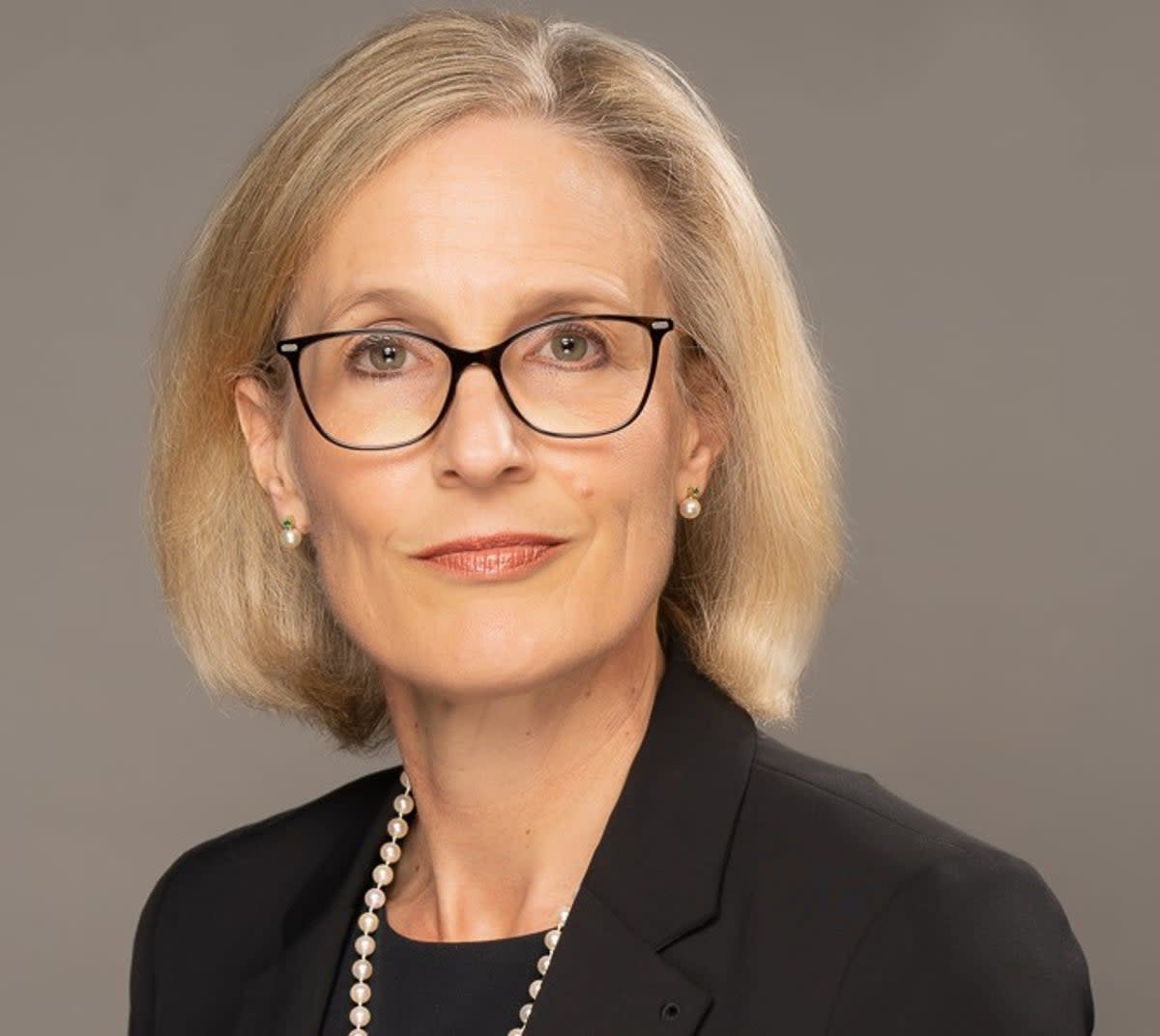The NHS is failing our children, says top children’s doctor
Children are being forgotten by the government as they face “disgraceful” waiting times for NHS treatment, Britain’s top paediatric doctor has warned.
Dr Camilla Kingdon said children are being failed because their care is not being treated as a priority, despite considerable progress having been made in reducing waiting times for adults.
In her final interview as president of the Royal College of Paediatrics and Child Health, she also issued a stark warning over the impact of poverty on young people’s health, lamenting the rise in the number of children being treated for severe lung disease due to damp and poor ventilation in inadequate housing.
Many parents cannot afford to be at their dying or sick child’s bedside because of financial pressures – an issue that has grown significantly worse in the past five years, she said.
She told The Independent: “Children simply need to be made a priority. We cannot afford to be ignoring this problem.”
The latest NHS figures show that the backlog for children’s hospital care has risen again, increasing from 387,000 in August to 412,000 in January, despite the adult waiting list having fallen since October.

The waiting list for children’s community services, such as speech and language therapy and assessment for autism, hit a record high of 236,992 in December, up from 206,504 in October 2022.
Experts have long warned that services for young people have been neglected in favour of adult lists.
The Independent first revealed warnings over the rising children’s waiting list in leaked documents last year. Several stories by this publication have also exposed the extent of the crisis in children’s mental health care.
Dr Kingdon, who ends her three-year presidency next week, warned that there is “a lot of work to do” as she urged ministers to drum up the political will to rectify the situation. She called on Rishi Sunak to appoint a dedicated children’s health minister to ensure that young people are not forgotten when major decisions are made.
“We fear children are being left behind again in health policy and the wider political agenda,” she said. “While there has been considerable progress in reducing wait times for adult treatment in recent months, children’s waiting lists continue to grow.
“If a child is waiting 52 weeks for treatment and they’re three years old, 52 weeks is a third of their life. I think it’s a disgrace. Children have to be prioritised in a way they haven’t been.”
Her comments come as new figures show that an estimated 4.33 million children are living in “relative low income” households in the year to March 2023 – the highest since comparable records for the UK began in 2002-03.

Separate figures from think tank The King’s Fund found that the number of children who experienced deep poverty in 2022 was 88 per cent higher than in 2019, with 1 million “destitute children” in the UK.
Deep poverty is when household income after housing costs is less than 40 per cent of the UK median income. In 2021, this equated to £109 a week.
Dr Kingdon, who works at Guys and St Thomas’s Hospital in south London, said she felt an “inescapable responsibility” to speak out about how poverty is affecting children’s health.
She said: “The truth is, the situation – the incredible challenges that poverty is playing with day-to-day lives – is getting worse.
“We look after incredibly sick babies, who may spend sometimes months in hospital. I see poverty when parents can’t afford to visit their babies. When a father can’t take a different time off work to visit his baby, because he’s on a zero-hours contract and actually taking time off means less income. It’s as simple as that.”
She said issues linked to poverty, such as inadequate housing, also make it difficult to safely discharge babies to their homes.
“I can’t describe to you the number of conversations I have with families about their housing, and I have written letters on their behalf. We know that our housing stock in the UK is some of the worst in Europe.
“It reflects the difficulties we’ve got in being able to discharge a baby safely home. A lot of the babies have had very severe lung disease, and that’s about inadequate ventilation in the homes; damp and mould on the walls, and so on.”
The Royal College of Paediatrics and Child Health has levied several warnings at the NHS and the government over worsening waiting lists for children’s care.
A DHSC spokesperson said: “Cutting waiting lists is one of the government’s top five priorities and we’re taking action to ensure no child has to wait longer than necessary for treatment. Despite winter pressures and the impact of industrial action, overall NHS waiting lists have decreased for the fourth month in a row.”
It said it has taken “significant action” to improve children’s health which includes reducing sugar in foods, and investing more than £600 million to improve the quality of sport for children.
This article was amended on 1 April 2024 to include a response from the DHSC and also to correct an error. It originally stated that Dr Kingdon works at St George’s Hospital, but in fact she works at Guy’s and St Thomas’s.


